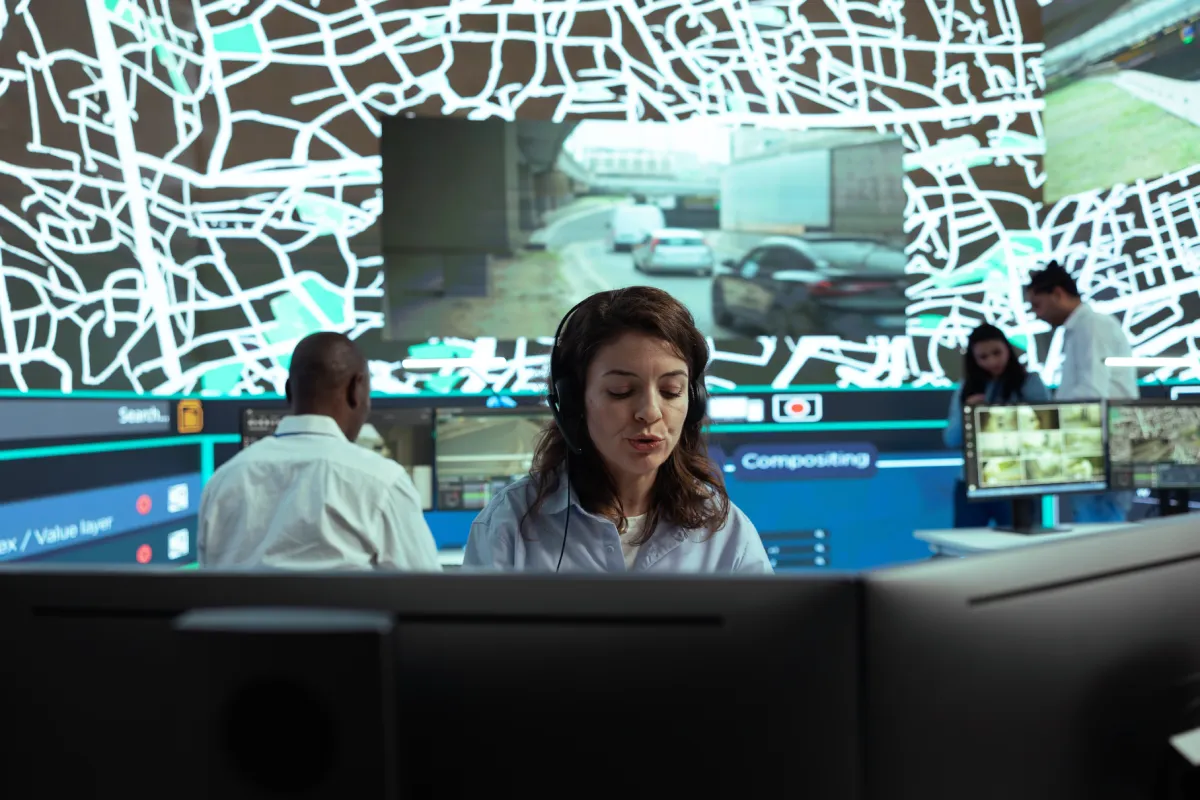Why Preparation Matters for Handling Security Events
Modern-day security events in a networked environment present enormous challenges. Small or big—any organization in this era faces the risk of disruption of services or theft of sensitive information. One key to dealing with such incidents effectively is realizing how necessary preparation is.
If you want to learn why being ready is important and what difference it can make, this article is for you.
The Importance of Being Prepared
Preparation forms the basis of Good Security Management. When an incident strikes, being prepared helps the organisation take timely action, which helps reduce the damage. By having a skilled and prepared team, you can often catch a threat early on before it escalates. Early detection means being able to act quickly to take on risk. This is the first step in answering questions like how to handle security incidents.
Developing a Comprehensive Strategy
When it comes to the components of an effective security strategy, the following four are the most widely trusted ones.
- The first step is to identify threat vectors. This includes the internal and external risks.
- Next, establish a clear response protocol by laying out explicit rules for responding so everyone understands their function.
- Communication is another critical factor. Alerting all players to the game plan improves coordination. 4. Finally, conduct training sessions. These sessions do the best to hone the skills and also prepare the team with the latest security practices. Regularly revise protocols to deal with new threats or technology changes to keep strategies relevant.
Utilizing Technology for Enhanced Security
Enterprises should use technology to manage security events. Most advanced tools can offer alerts and real-time monitoring for faster response times. Technology can aid in this. The correct technology can alert you to anomalies you may not have noticed. Automated processes also reduce the opportunity for human error that tends to lead to security breaches. However, it is not enough to rely entirely on technology. The human component is necessary to read data and make the right decisions. Employing a cyber solution in conjunction with a savvy cyber operator strengthens the defense.
Building a Resilient Team
So remember: an engaged team is a resilient team. Resilience is developed through a culture of awareness and accountability. Encourage team members to report suspicious activities and provide insights. The joint effort of many departments results in better security. One of the most crucial things to create this culture is leadership. Leadership should prioritize security and provide the funding for training and tools when necessary. And when everyone knows the value of their contribution, the entire organization wins.
Learning from Past Incidents
Previous security incidents can serve as great lessons. The mistakes and positive responses in such crises provide lessons for improving future responses. Reflecting on past challenges, close calls, mishaps, and failures shapes our approaches to mitigating risk in the future and ensures that we never repeat the mistakes we just made. Recording these lessons and building them into training programs helps to grow that knowledge. It is this continuous learning process that helps you maintain a strong security framework.
The Role of Communication
Communication is the most important thing during a security incident. This avoids confusion and enables coordinated efforts. Having pre-arranged communication channels ensures rapid information distribution in times of crisis. Frequent updates reduce speculation and help everyone monitor anxiety. Being open about the situation amongst stakeholders, such as employees and clients, creates trust and belief in the organization’s capability to deal with the situation.Evaluating and Improving Preparedness
Preparation is an ongoing process. The new threat landscape requires regular evaluations of existing strategies and tools. Drills and simulations expose deficiencies that can be improved. The feedback from these exercises can inform modifications to protocols and training programs.
Continuous improvement will ensure that the organization is alert and able to deal with security incidents in the future. This proactive approach improves the response to such events and boosts overall resilience and preparedness.
Conclusion
In today’s interconnected world, security incidents are unavoidable, but their impact could be diminished with the appropriate preparation. With the combination of effective communication, advanced technology, well-defined strategies, and a resilient team culture, organizations could react effectively and quickly to the advancing threats. Regular improvements and constant learning ensure the defences are adaptable to new risks. Finally, preparation is about handling incidents and building long-term resilience, maintaining trust with stakeholders, and protecting valuable assets.

Leave a Reply